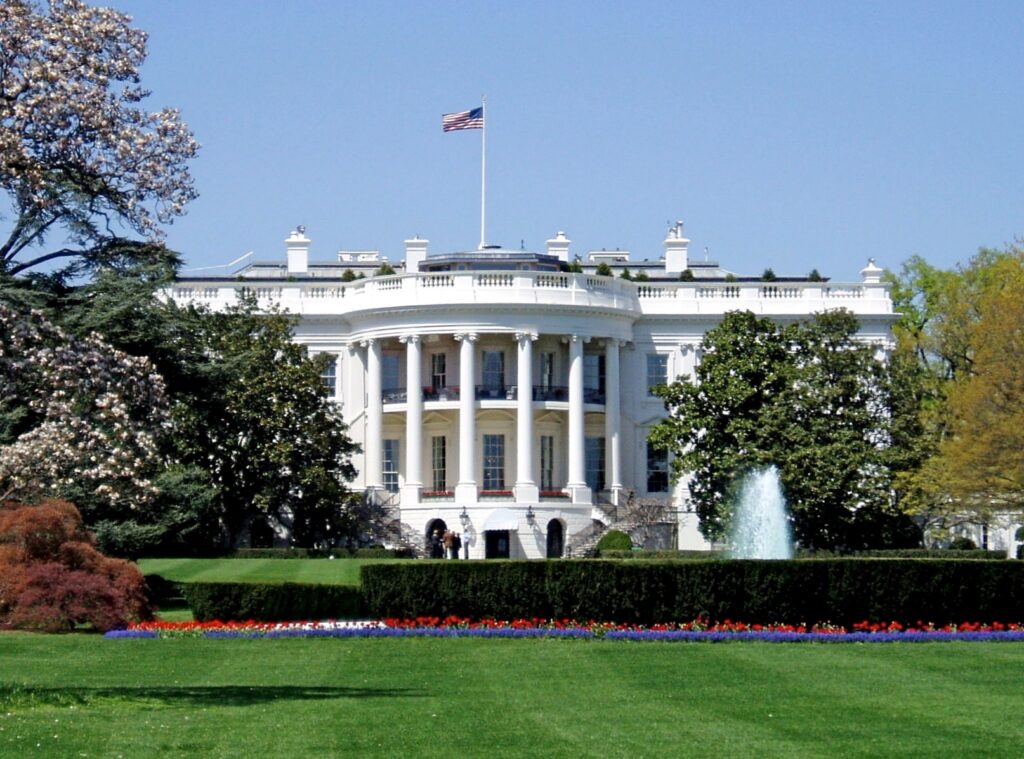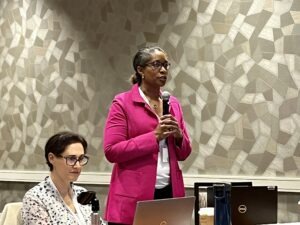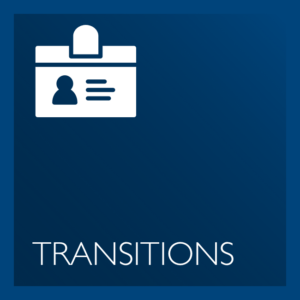The Final Reconciliation Package: Implementation of Key Provisions
On July 4, 2025, H.R. 1, the One Big Beautiful Bill Act, was signed into law. The implementation dates for key health care provisions in the law vary, with some taking effect immediately upon passage and others being implemented over several years. This resource details key dates for the implementation of the law’s most significant health care provisions.
Deadlines in Health-Related Executive Orders and Presidential Memoranda
This GIH policy resource details many of the health-related executive orders issued by the administration and includes a calendar of upcoming deadlines for when those orders are expected to be implemented.
Beyond the Exam Room: Impacting Health Outcomes Through Civic Engagement
August marks Civic Health Month, a time to showcase the link between voting and health and celebrate efforts that ensure every voter can support their community’s health at the ballot box. At the same time, the United States is grappling with a health care system ranked 37th globally despite consuming 17 percent of the country’s GDP. With 26 million Americans uninsured and 43 million underinsured, the gap in access to care continues to widen. This crisis will deepen as critical ACA subsidies expire at the end of 2025, potentially leaving 3.8 million more Americans without coverage, in addition to new federal cuts to Medicaid and changes to how coverage is accessed through the health insurance marketplace, which could result in as many as 20 million Americans losing their health insurance.
Expanding Youth Mental Health in Philadelphia Schools
Youth in the United States are in crisis. Rates of depression and anxiety in children have been on the rise, the result of factors like social media, pandemic related issues like isolation, and trauma from gun violence and poverty. Between 2016 and 2020, diagnoses of depression in youth ages 3-17 increased by nearly 30 percent and were higher for children of color and LGBTQ children according to a 2022 study by the Agency for Healthcare Research and Quality.
Driving Change through Public-Private Collaboration at Age + Action 2024
On May 7, 2024, Grantmakers In Health (GIH) and Grantmakers In Aging (GIA) cohosted a funders-only meeting at the National Council on Aging’s Age + Action 2024 conference. The session, “Driving Change through Public-Private Collaboration,” focused on bridging connections between the public and private sectors to improve the health and well-being of older adults in…








